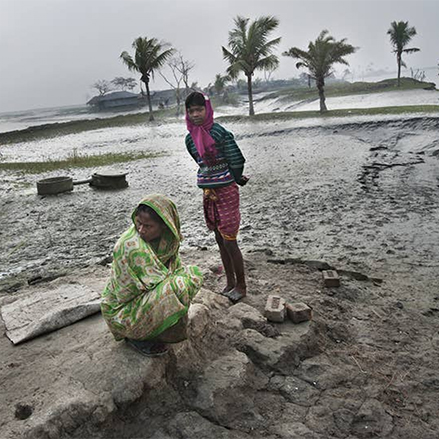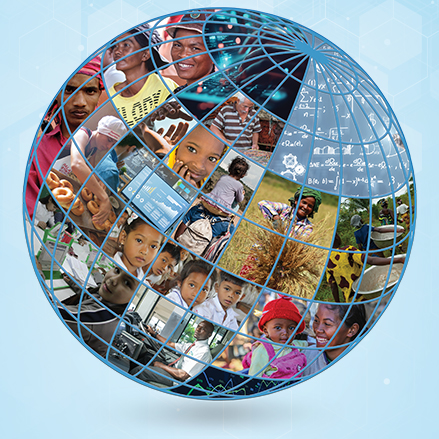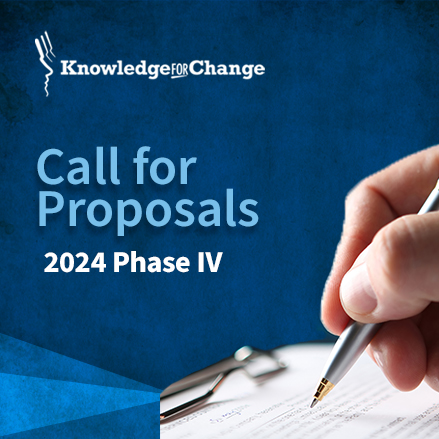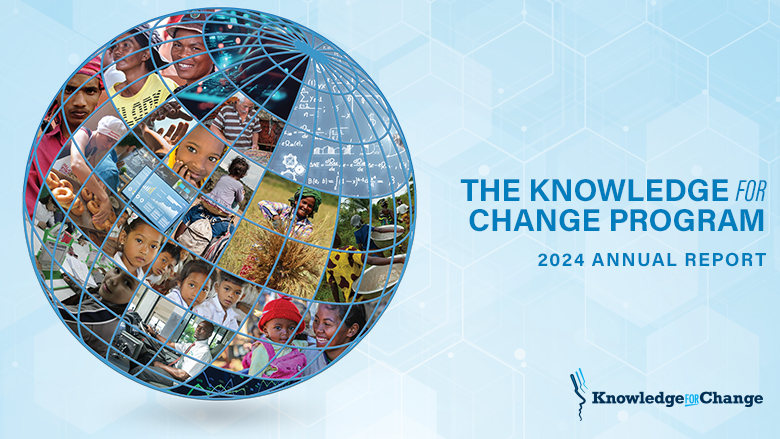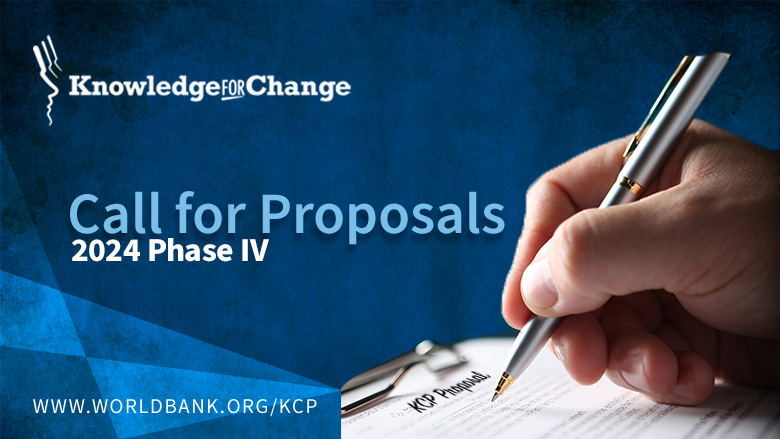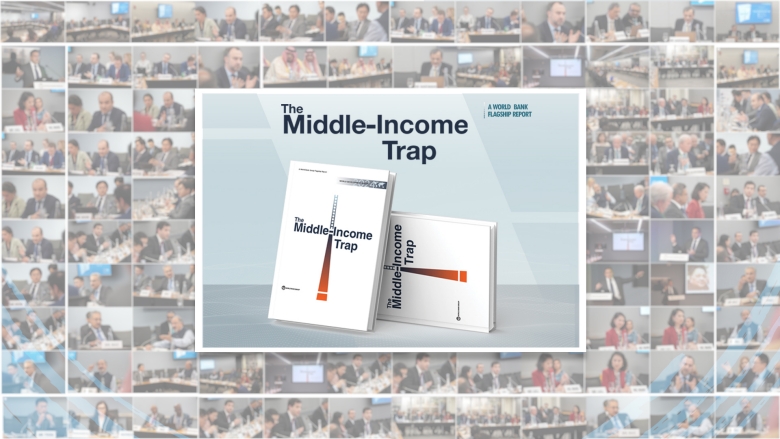The Knowledge for Change Program (KCP) is an Umbrella Program that delivers high-impact, policy-relevant research and knowledge products aimed at expanding the knowledge frontier in development policy and practice. Housed in the Development Economics Vice Presidency of the World Bank, the KCP commenced its operation in 2002 and has invested over US$86 million into 500 projects on research, data, and analytics across four phases of operations.
The Knowledge for Change Program
Highlights
KCP’s Goals
- Original knowledge: producing rigorous, high-quality fundamental research and data in support of evidence-based policy making in development.
- Operational knowledge: transforming evidence, data, and insights into tangible policy change.
- Open knowledge: facilitating knowledge flows and integration through partnerships and capacity building.
Thematic Areas
Jobs and Economic Transformation
Promoting higher-paying jobs and inclusive, sustainable growth in developing countries through economic transformation, structural changes, and effective market integration.
Climate Change
Advancing climate resilience and sustainability by implementing policies that reduce greenhouse gas emissions, promoting renewable energy adoption, supporting climate-smart agriculture, and enhancing disaster preparedness and response systems.
Technology and Digital Development
Advancing economic growth by leveraging digital tools and AI, investing in digital infrastructure and skills, and researching AI's impact on education, public health, and governance.
Debt and Financial Fragility
Reducing financial fragility in EMDEs by managing elevated debt levels through improved debt management practices, robust fiscal frameworks, better financial institution regulation, and enhanced corporate governance.
Fragility, Conflict, and Violence
Addressing the challenges of fragility, conflict, and violence by supporting peacebuilding initiatives, improving security and justice systems, and fostering inclusive development in conflict-affected areas.
Gender
Promoting gender equality and empowerment by implementing policies and programs that support women's economic participation, enhance gender-responsive governance, and address gender-based violence and discrimination.
Human Capital
Addressing the setback in human capital by ensuring accessible high-quality health and education services, analyzing investments for better outcomes, and researching strategies for universal health coverage and improved learning outcomes.
Governance and Institutions
Strengthening governance and institutions by promoting transparency, accountability, and effective public service delivery, as well as enhancing institutional capacity and rule of law.
Disability
Many people in developing countries experience disabilities, disproportionately affecting vulnerable populations. These individuals often face adverse socioeconomic outcomes leading to higher poverty rates. How can development be more inclusive of disabilities? Significant knowledge gaps remain.
KCP Partners

Current

Current

Current

Current

Past

Past

Past

Past

Past

Past

Past

Past

Past

Past

Past
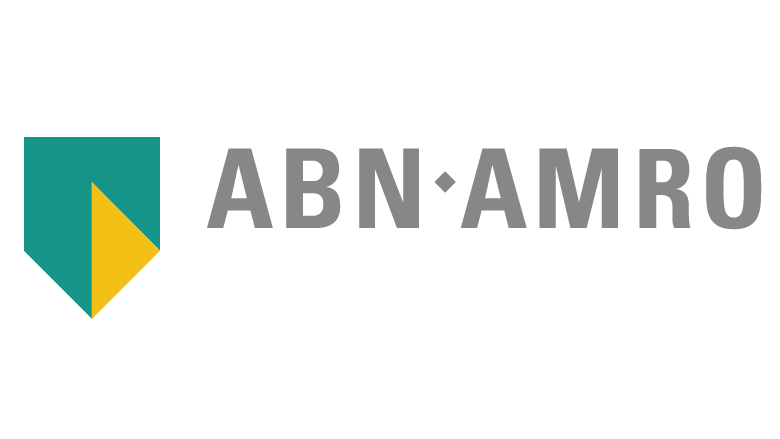
Past
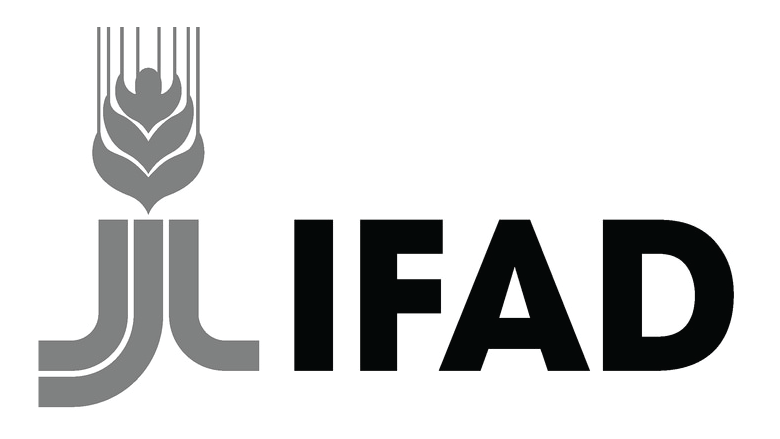
Past
Featured
KCP 2024 Annual Report
Read the latest KCP 2024 Annual Report: Knowledge for Inclusive Development—Pioneering Evidence-Based Solutions to Protect Vulnerable Populations and Connect Lagging Regions
KCP 2024 Call for Proposals
The 2024 Call for Proposals (CFP) for the Knowledge for Change Umbrella Program (KCP) Phase IV is now open!
Navigating the Middle-Income Trap—Insights
Discussions, guided by the 2024 World Development Report, revealed that the strategies for overcoming this economic hurdle are relevant to all nations, regardless of their income level. This principle shaped the dialogue, leading to four key takeaways.

